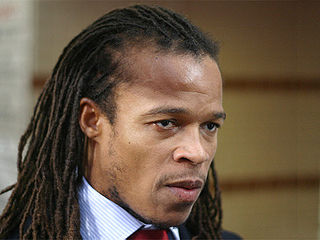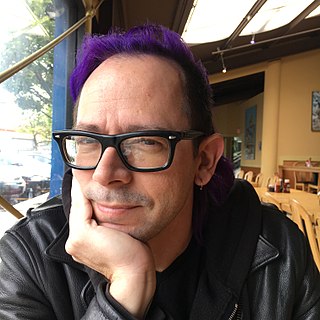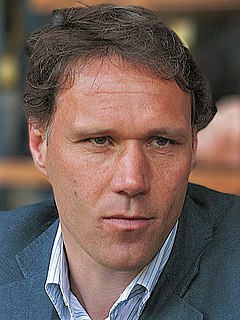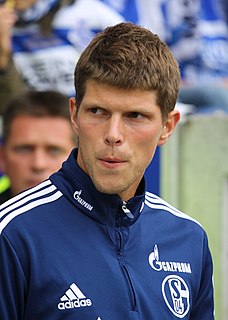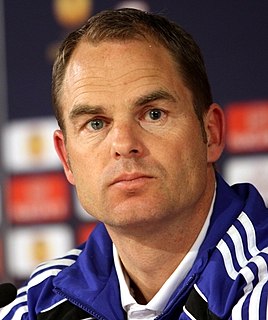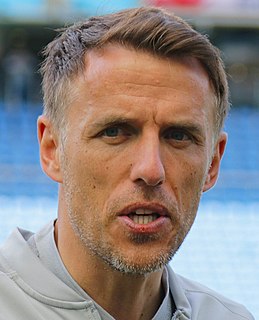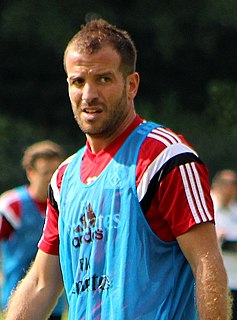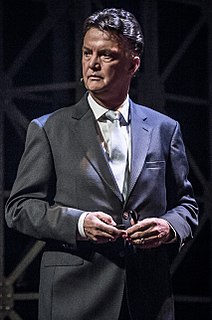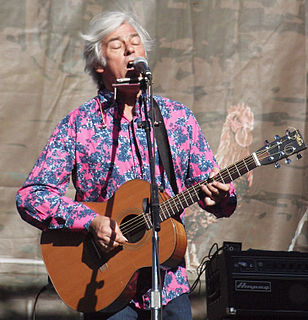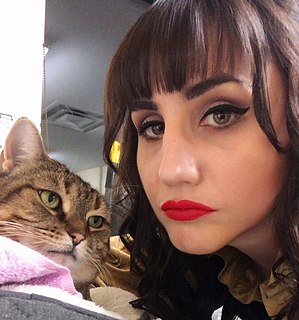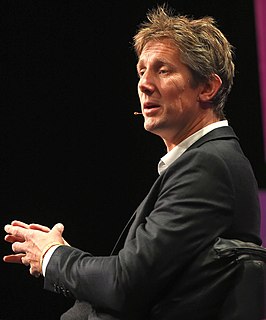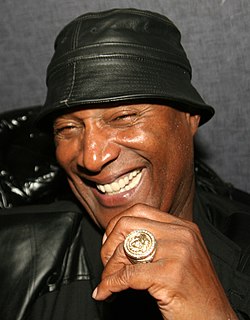A Quote by Edgar Davids
I just grew up in Ajax with all the players from Ajax. We only had two or three foreigners, so everyone knew each other and knew the system.
Related Quotes
A system depends on the players you have. I played 4-3-3 with Ajax, 2-3-2-3 with Barcelona and a 4-4-2 with AZ. I'm flexible. The philosophy stays the same though. I don't think that you can adapt it to every possible situation. You need the right mindset, and it depends on how the players see the coach and vice versa. The coach is the focal point of the team but you need to have an open mind, and so do all the players. Everyone needs to work together to achieve a common goal.
But many, many stories were told; from what could be gathered, all fifty of the mine's inhabitants had reacted on each other, two by two, as in combinatorial analysis, that is to say, everyone with all the others, and especially every man with all the women, old maids or married, and every woman with all the men. All I had to do was to select two names at random, better if different sex, and ask a third person, "What happened with those two?" and lo and behold, a splendid story was unfolded for me, since everyone knew the story of everyone else.
And I knew in my bones that Emily Dickinson wouldn't have written even one poem if she'd had two howling babies, a husband bent on jamming another one into her, a house to run, a garden to tend, three cows to milk, twenty chickens to feed, and four hired hands to cook for. I knew then why they didn't marry. Emily and Jane and Louisa. I knew and it scared me. I also knew what being lonely was and I didn't want to be lonely my whole life. I didn't want to give up on my words. I didn't want to choose one over the other. Mark Twain didn't have to. Charles Dickens didn't.
